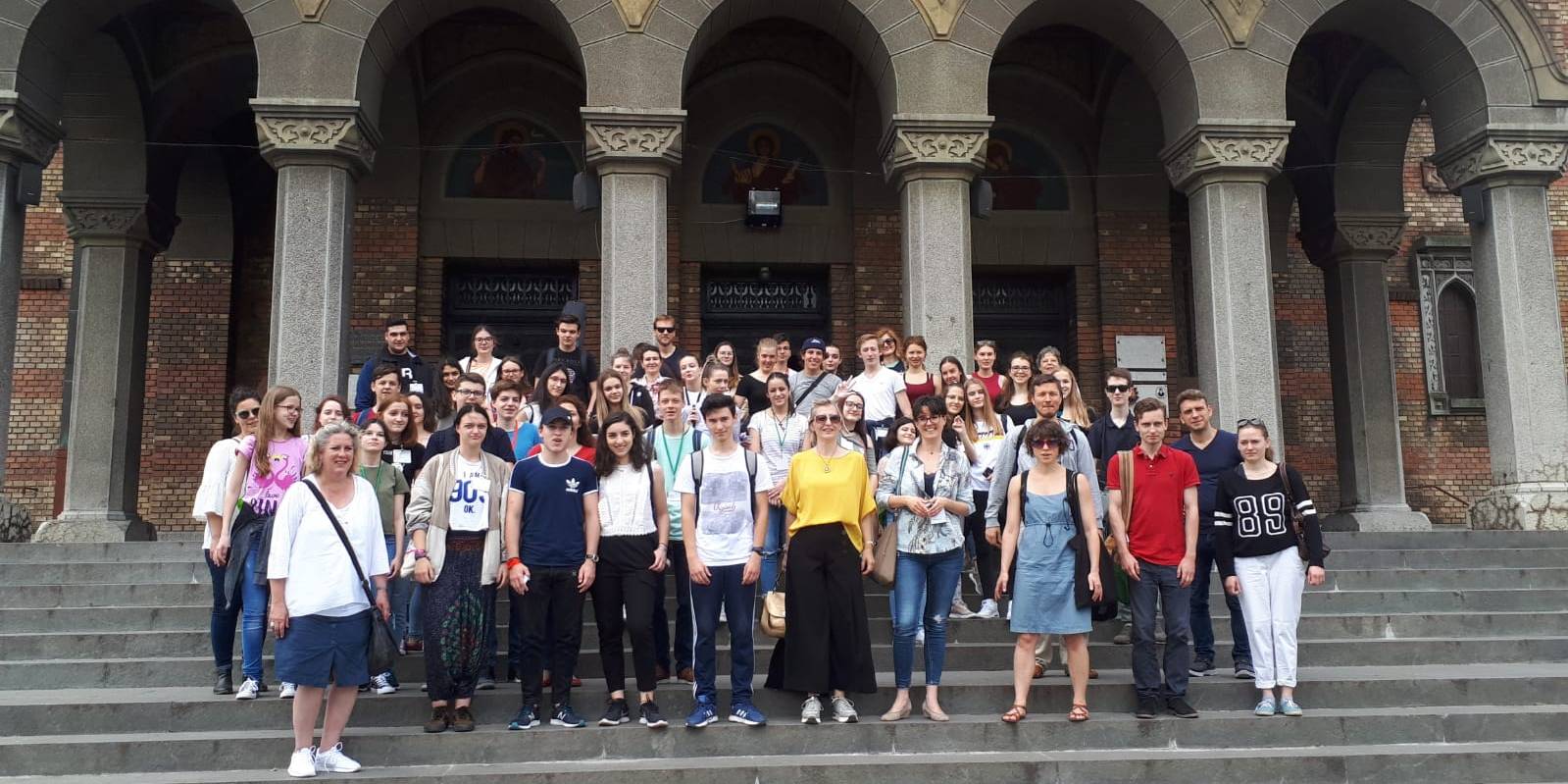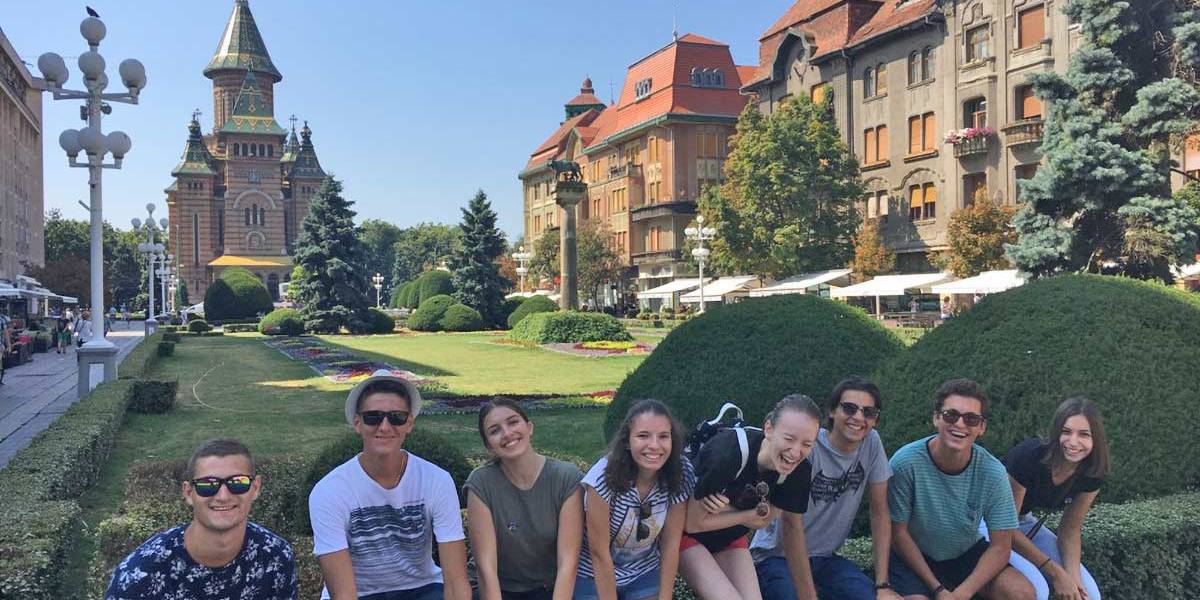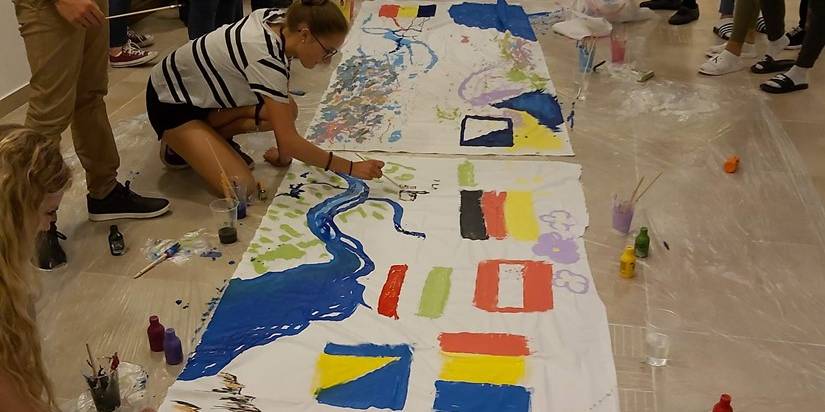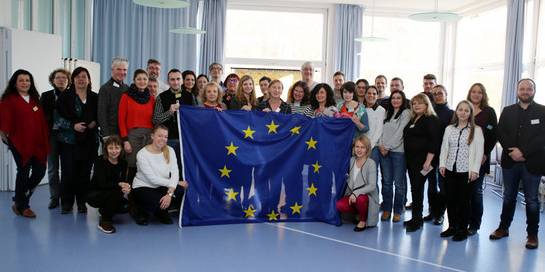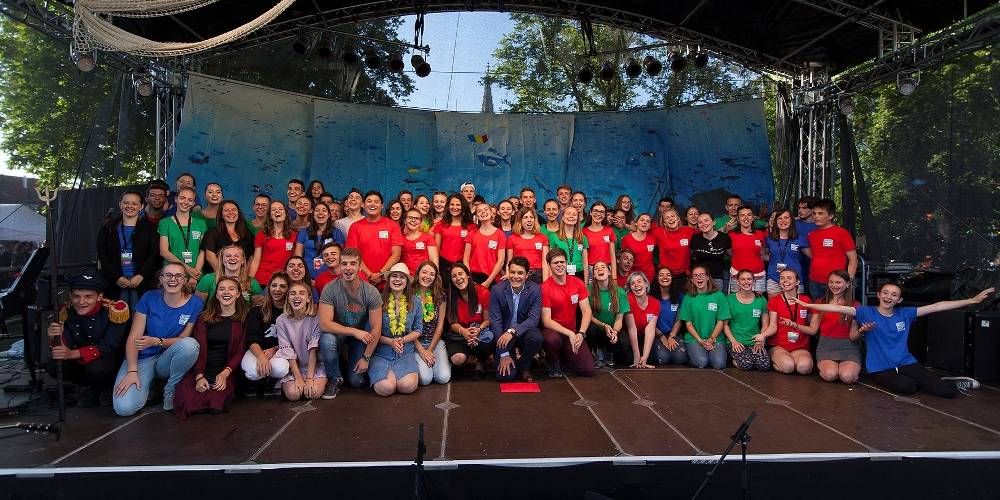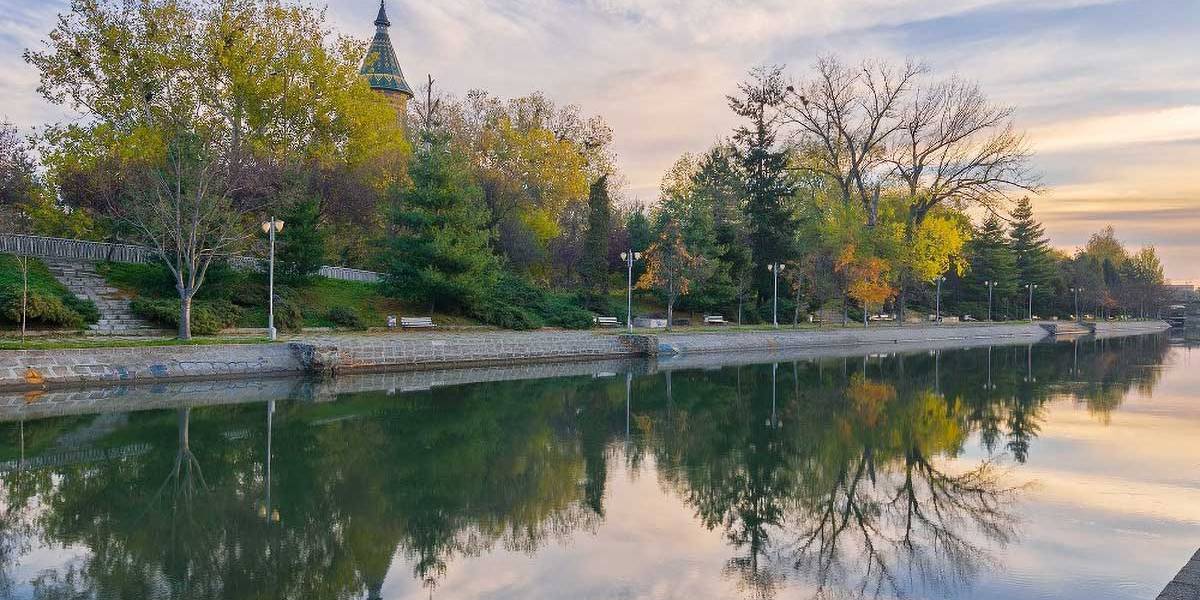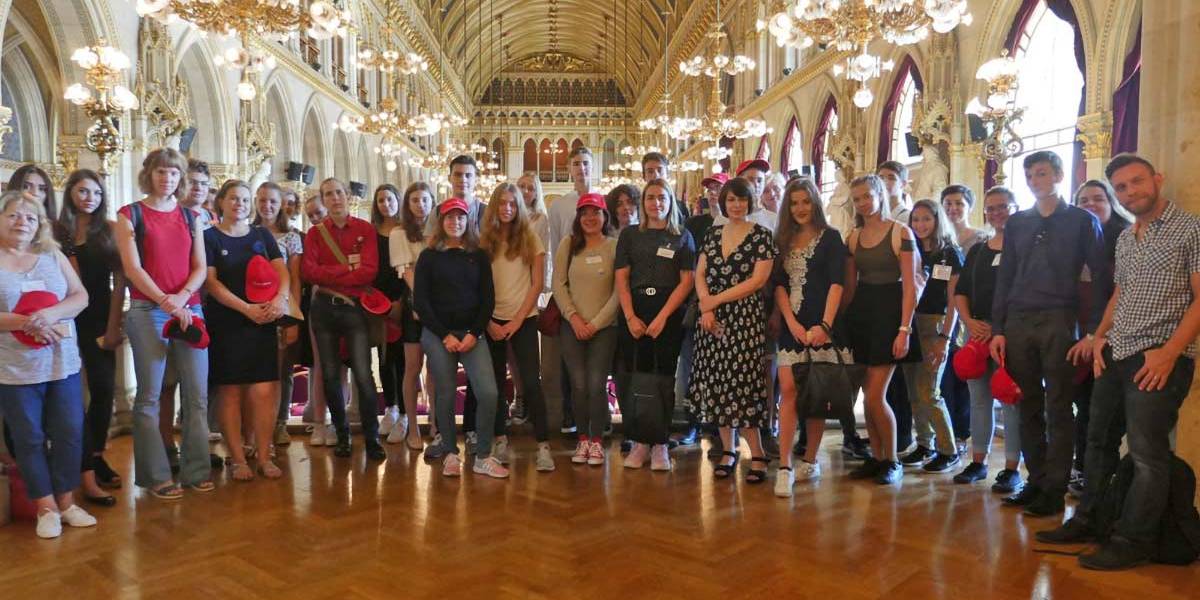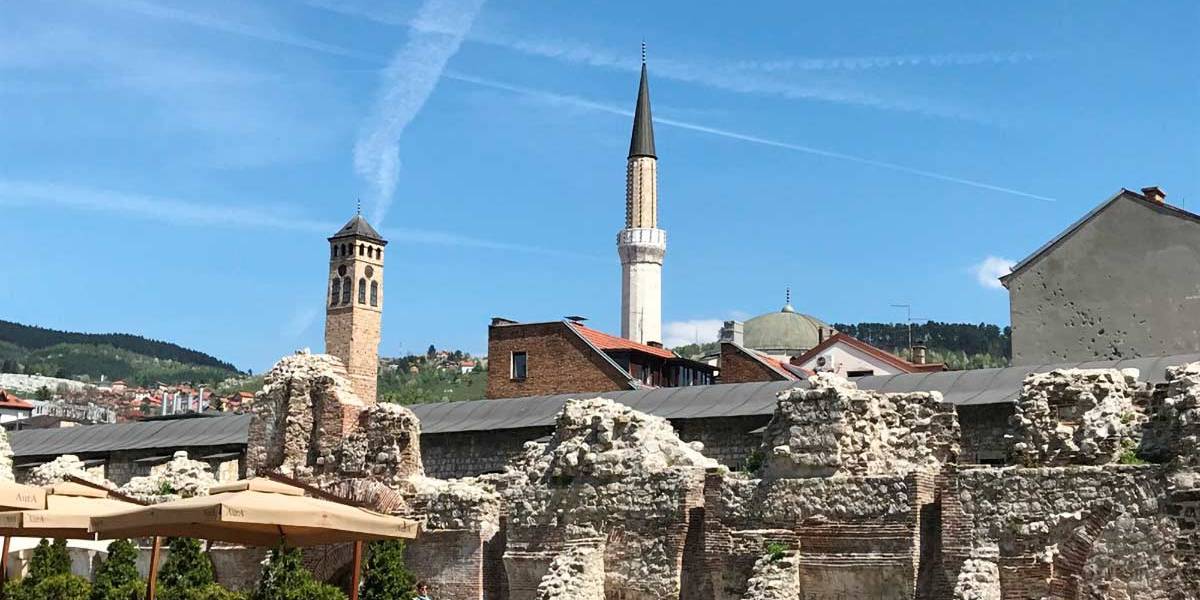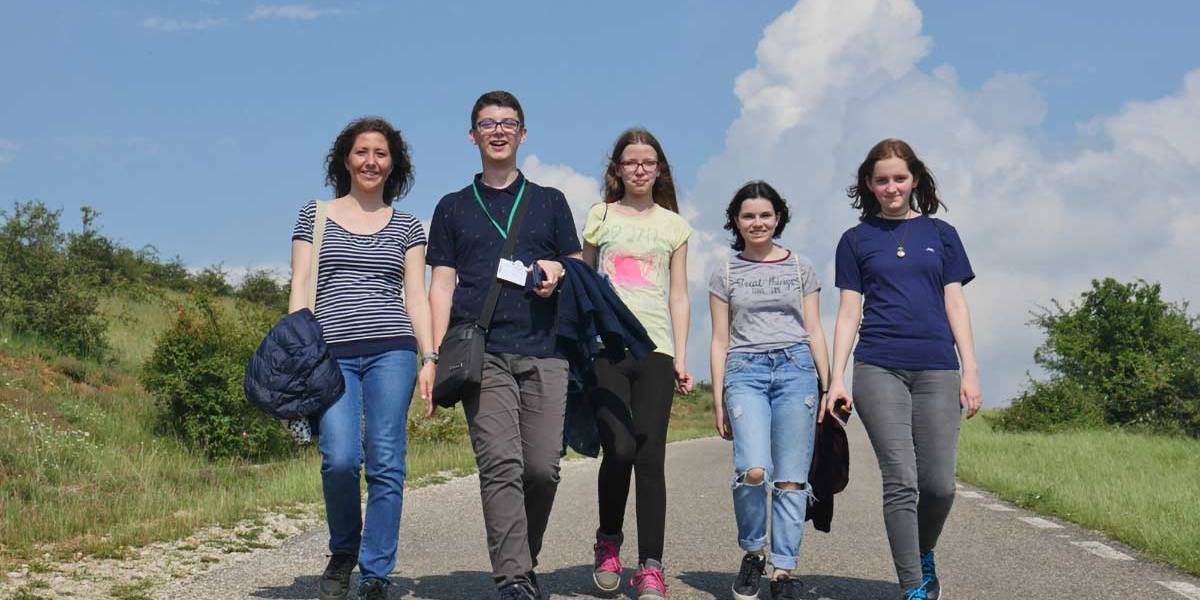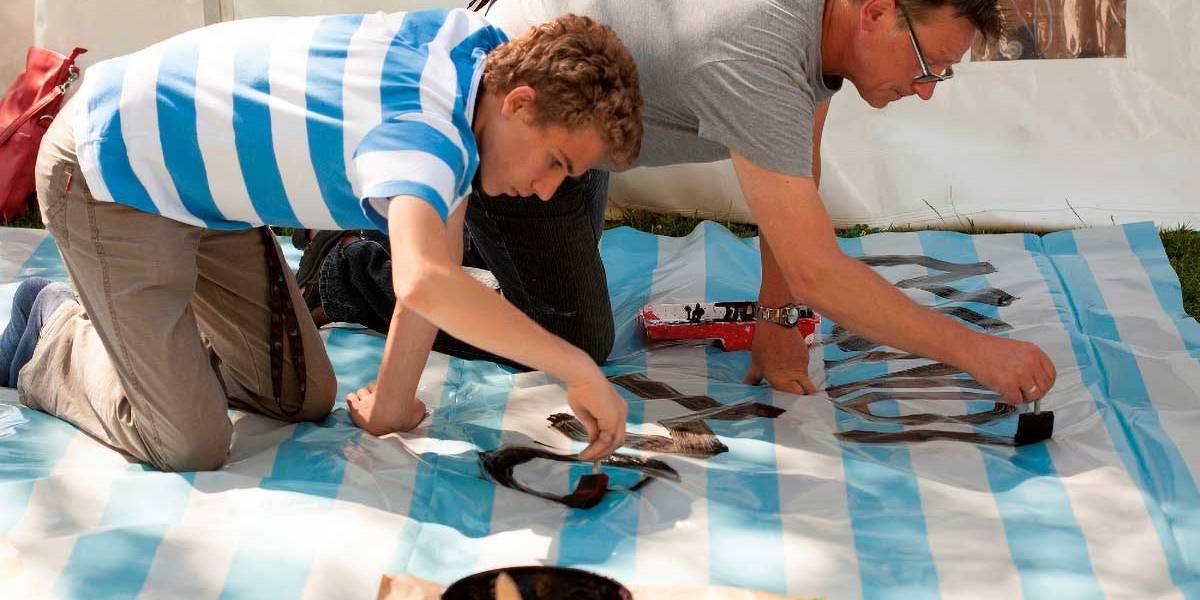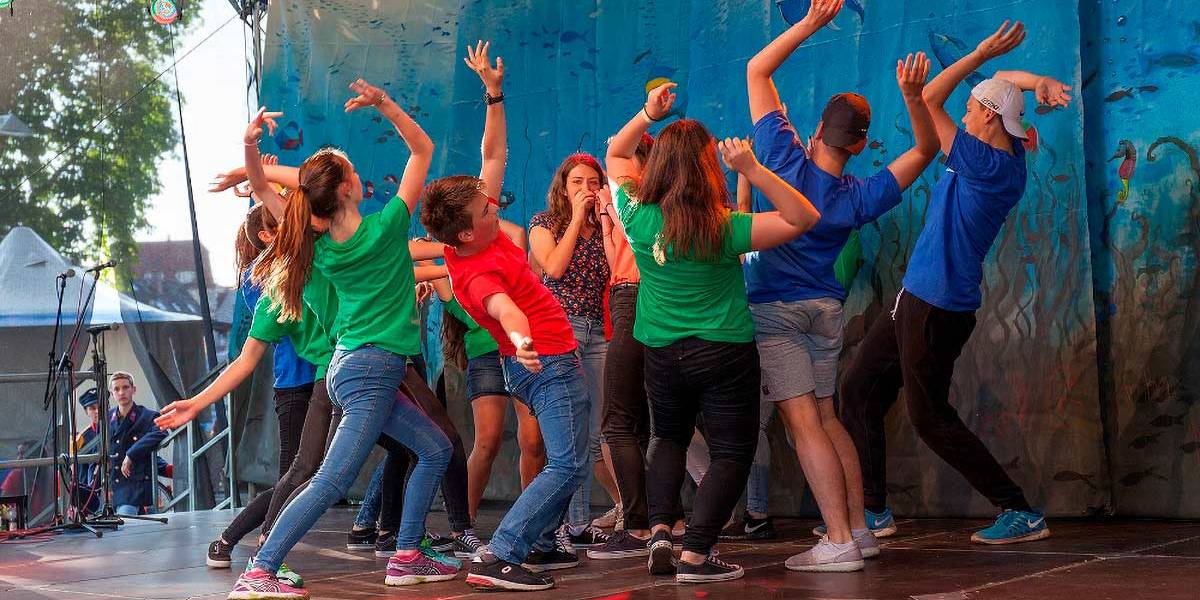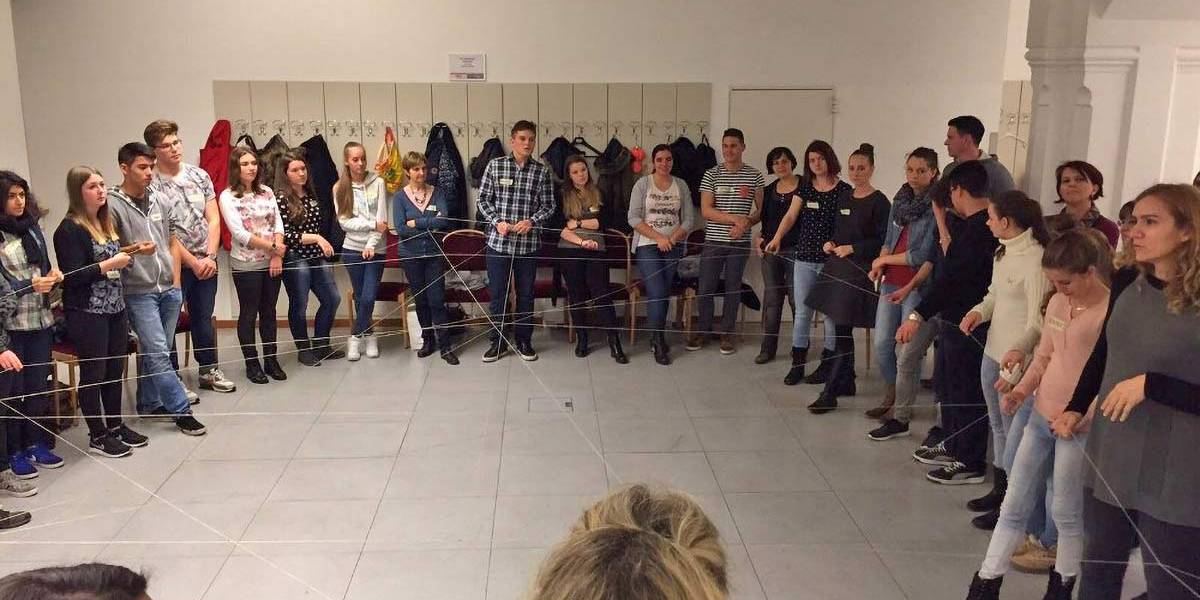We are Europe - 2018
The Danube Youth Camp took place again as part of the International Danube Festival. The focus of the event was the 100th Anniversary since the end of the First World War. Within the framework of the workshops and offers, the young people acquired knowledge about the Danube region and European development. The final presentation addressed the end of the monarchy with the stage play “The sinking of the MS Habsburg”.
The monarchy of the Habsburgs as a multinational state has been historically effective for centuries. The outbreak of World War I in 1914 heralded its collapse. One hundred years after its end, young adults from the Danube countries go in search of clues. They show what happens when a class takes its privilege, its position at the top of society, its luxuries and its wealth as God-given for granted. This class does not see that a new era has begun after 600 years of monarchy, rather they race towards the abyss with splendor and glory, symbolized by the “sinking of the MS Habsburg”.
The controversy over the end of Kakania, as Robert Musil called the dual monarchy that had become rigid in its structures, is in a certain way also a homage to this epoch, which flourished culturally in a morbid way precisely in its agony. In addition to the catastrophes of the world war, the play also addresses the world, which is still turning carefree to the beat of a waltz, accompanied, however, by the ever louder calls of the growing middle class and the almost unmanageable number of ethnic groups in the monarchy who are struggling to have a say
countries of origin
Germany: Ulm, Esslingen, Stuttgart, Freiburg, Waldshut, Passau, Weilheim, Ruderting, Ostfildern<br>
Austria Vienna<br>
Slovakia: Prešov, Trenčin<br>
Hungary: Pecs, Baja<br>
Bosnia-Herzegovina: Bosnaska Krupa, Banja-Luka<br>
Romania: Bucharest, Reşita, Santana, Mediaş, Bucharest<br>
Bulgaria: Varna, Haskovo, Montana<br>
Croatia: Osijek, Zagreb, Pula<br>
Ukraine: Mykolayiv, Odessa
People involved
125 in total
cooperation partner
Ministry for Education, Youth and Sport BW; Baden-Württemberg Foundation; City of Ulm; City of Neu-Ulm; Generations Foundation of Sparkasse Ulm; Donaubüro Ulm/Neu-Ulm, Federal Government Commissioner for Culture and Media
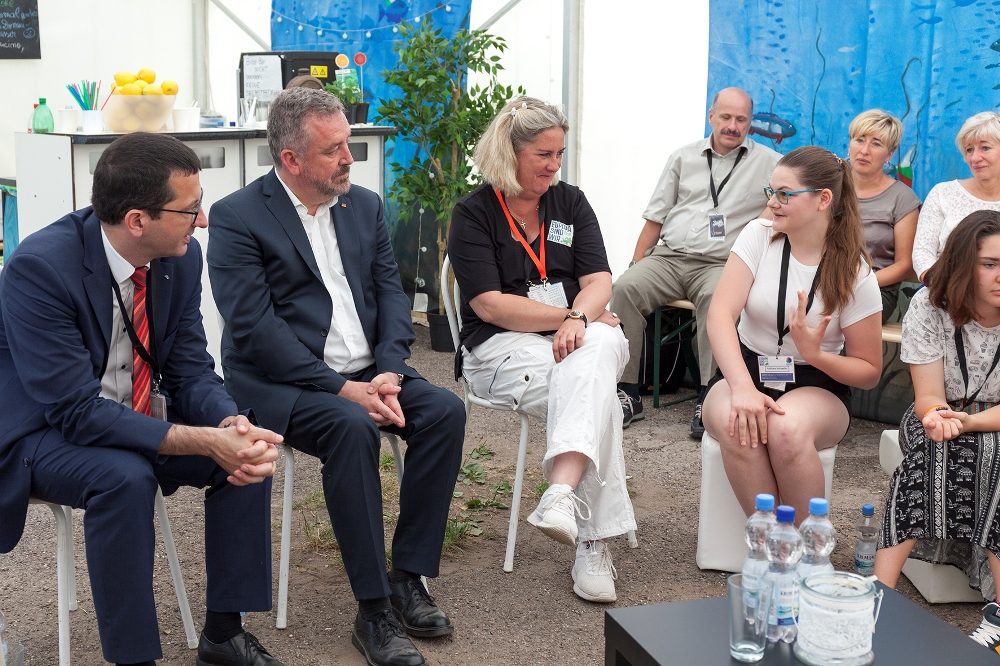
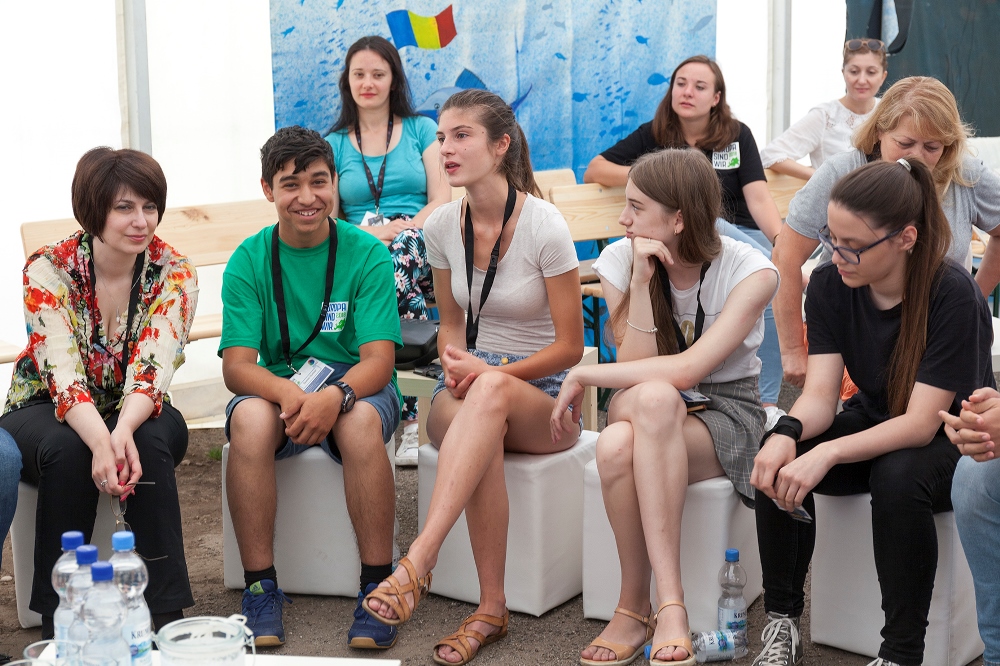
Further projects
The Danube region – the river as an experience
3rd International Danube Culture Conference, June 24-26, 2015 in Timişoara / Timisoara (Romania)
Timişoara meets Ulm
Visit of the Banat children and youth group from Timisoara in Ulm
09/02/19 - 09/06/19


